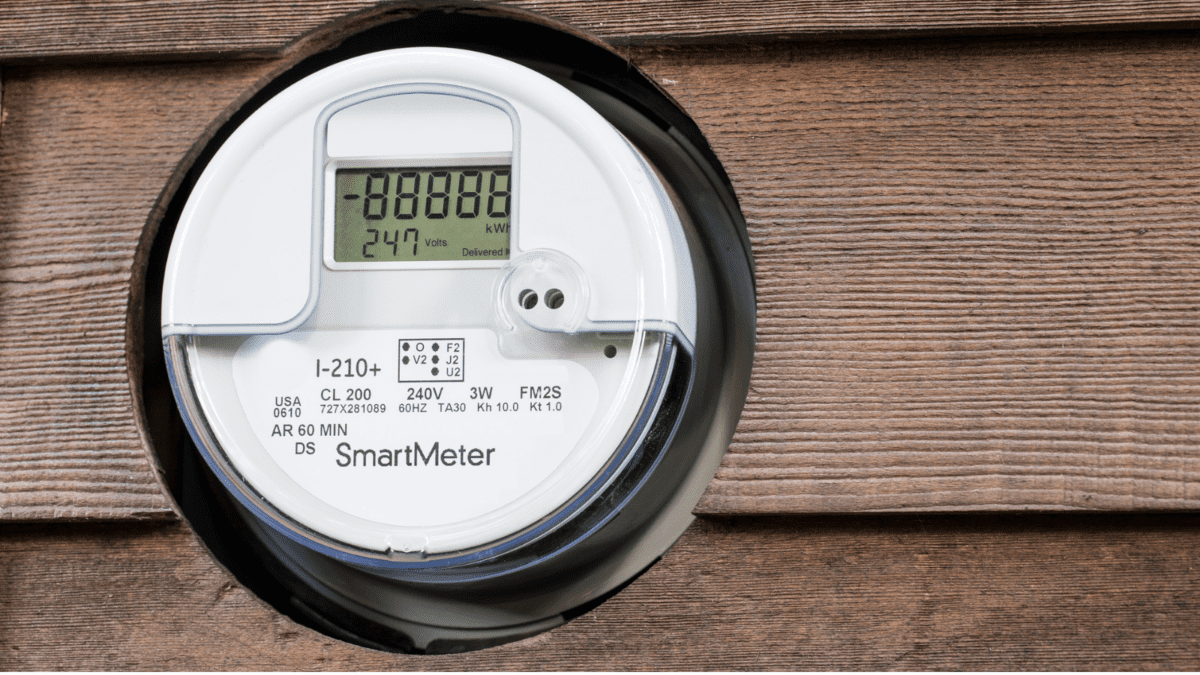Top super performers often repeat; gender gap still ‘disheartening’
Choosing the right superannuation fund can set a member up for a lifetime of strong performance, with a new survey from Morningstar comparing more than 600 multisector options showing that many top-performing funds heave steadily held their leading spots over the long term.
But the survey comes with a sobering kicker for International Women’s Day: a supplement examining gender-related issues in superannuation showed not all the latest super news is so super.
“There’s still a significant gap in the account balances between women and men, particularly in the 45- to 60-years age brackets, which is really when the full effect of child-rearing responsibilities and the compounded lifetime impact of lower-paid work shows up,” said report author Annika Bradley, director of manager research ratings at Morningstar.
“A difference of more than $44,000 on average between 55 and 59 years old is material,” she added. “Lower overall balances for women, who have a longer life expectancy, is not a good news story.”
Morningstar on February 24 released its newly launched quarterly Superannuation Survey after a “significant data uplift”. The survey, which covers data through the December 2022 quarter, aims to help members and investors make better-informed choices based on funds’ performance, fees and other metrics.
It featured data for 643 multisector options, including MySuper and Choice, and also parsed out data for 115 MySuper options across its superannuation categories, both profit-for-member and for-profit.
“The feedback we’re getting from advisers and investors shows there’s an increase in demand for information about superannuation funds, particularly the larger funds,” Bradley told The Inside Investor.
The survey compared data on fund performance, total fees (including investment and administration) and net assets, and looked at performance over the past one, three, five and 10 years, ranked across five categories: conservative, moderate, balanced, growth and aggressive.
The survey showed all fund categories saw negative growth over the past 12 months. The balanced and aggressive categories were the worst-performing over the year, earning negative returns of -9.2 per cent and -9 per cent, respectively. The best was the conservative category, at -6.7 per cent.

However, viewed over a longer timeframe, the picture improves: all categories of funds recorded positive returns over the past five and 10 years, with only the conservative and moderate categories showing relatively small declines of -1.1 and -0.1 per cent, respectively, over a three-year span.
“Obviously, 2022 was a challenging year for multisector funds across the board,” Bradley said. “We’ve really tried to focus on those longer-term periods of three, five and 10 years, and the usual suspects were coming up across those time periods: AustralianSuper, UniSuper, HESTA.”
Care led the survey’s growth category for MySuper options over the past 12 months, followed by ESSSuper and HESTA Super. Over a five-year term, AustralianSuper, UniSuper and HESTA, respectively, held the top three spots for that category.
In the aggressive category, the survey found Australian Retirement Trust’s Balanced and Lifestyle options and HOSTPLUS’ Balanced option outperformed the Morningstar index over both the short and medium terms. And options from Colonial First State, AMP and ANZ Smart Choice Super led across the multisector life stages categories over the year.
According to Bradley, a key takeaway from the survey is that with some of the larger funds, “at least over the medium to long term, you see the same names appearing across those different time periods.
In other words, “if you’ve picked a fund that’s done well, some of those funds clearly just continue to deliver for their investors and their members.”
Progress still needed on gender issues
Morningstar will release a supplement with each quarterly survey in 2023 to “provide additional insight into the superannuation industry”, the report stated. The December 2022 survey supplement examined gender-related issues within super, in a nod to International Women’s Day on March 8, using APRA fund-level superannuation statistics through June 2022.
Bradley said that, unfortunately, the “disheartening” results – with the gender gap in account balances between women and men persisting – did not come as a huge surprise.

“And don’t get too excited that the gap reduces markedly from 65 years onwards; this is likely attributable to women outliving men and subsequent account balance transfers to female widows.”
One bright spot in the supplement was the news that the representation of women on super trustee boards is trending up, with women now representing more than 30 per cent of board seats on almost two-thirds of funds represented in the data – up from five years ago when they hit that representation level on less than half of funds.

Acknowledging this is an “incredibly complex issue”, Bradley said she welcomes the recent heightened focus on ensuring the super system is more equitable, “particularly for women, who have traditionally taken that time out of the workforce and seem to be in lower-paid industries across the board.
“Whether it be ensuring that paid parental leave has super attached to it or doing a better job of looking at some of those spouse-splitting subsidies, I think we’ve got work to do.”










